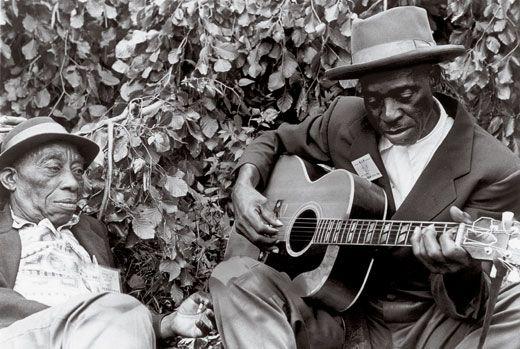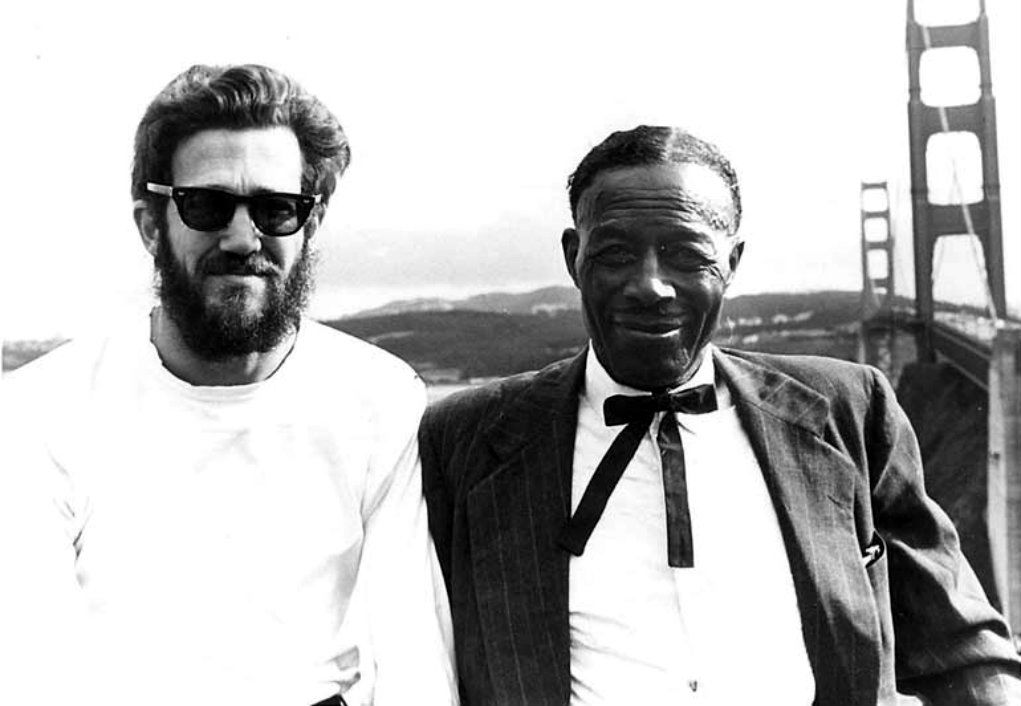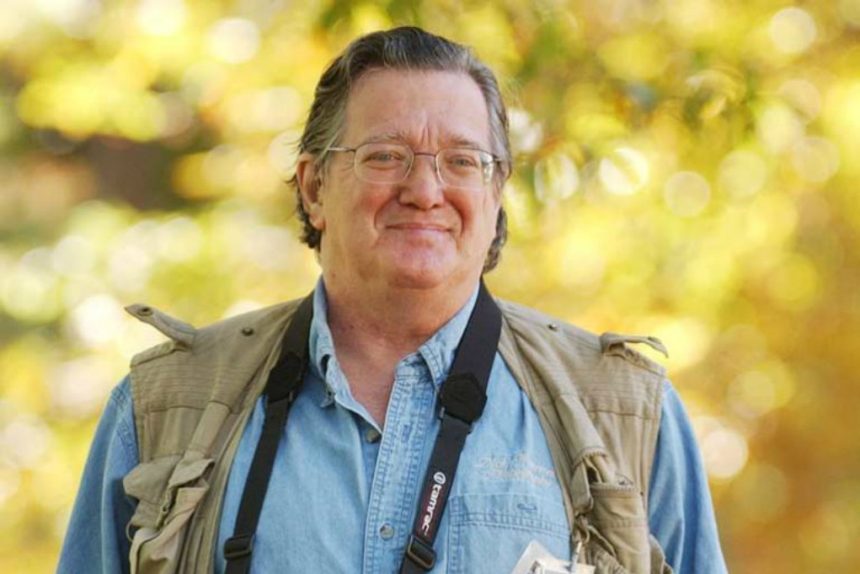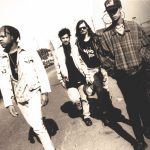Dick Waterman was the silk thread that ran through the scarf that has warmed my life in blues, the fabric of my obsession with the genre since the mid-60s when he started his blues talent agency Avalon Productions.
Waterman had more firsthand information about classic Delta bluesmen than any person I ever met. As a booking agent, photographer, author, and music journalist he had a direct impact on advancing the careers of Mississippi John Hurt, Skip James, Junior Wells, Buddy Guy, B.B. King, Arthur Crudup, Rev. Gary Davis, Taj, Mahal, Robert Pete Williams, Jessie Mae Hemphill, Booker White, Otis Rush, Charlie Paton, Mississippi Fred McDowell, Skip James, Howling Wolf, John Lee Hooker, Sam “Lightnin” Hopkins, Willie Dixon, and Luther Allison.

He used to tell me that we all had an entry into the genre, those of us who weren’t born into it. Waterman’s entry was Son House. At my 2019 Call and Response Seminar at the King Biscuit Blues Festival, he captured the essence of Son House.
“He would lay the slide down on the guitar neck and set himself in the chair, and this calm would come over him. Then he would just rip the slide up the neck over and over and kind of explode. He had this deep fierce voice, and it just rolled out. The songs went for as long as he managed to sing: six minutes, 10 minutes. Then, the song would end with this ripping ending. He’d pause and slip back in the chair, take out his handkerchief, mop his brow, take the slide off his finger, and put it in his pocket.”
Waterman was in the NBC studios with Son House in 1965 when Howlin’ Wolf became the first African-American bluesman to perform on national TV with the Rolling Stones on Shindig!
I saw him introduce Son House at the 1970 Ann Arbor Blues Festival.

In 1970 I booked Arthur Big Boy Crudup through Waterman, labeling him The Father of Rock and Roll.
I saw him with his camera at virtually every blues festival I attended from the 1970s until 2019 when he spoke at my seminar. He stared out the window as I drove him back home to Cinda and said that was his last festival appearance. It was obviously an effort for him, and I knew in my heart it did it for me.
Bobby Rush has called Waterman “the best manager anyone could have.”
The great musical author Peter Guralnick once said of Waterman, “He could tell his performers if they were doing something wrong. He could tell them that as an equal.”
Marshall Chess himself told me, “I never got to know Dick well but our paths crossed many times over the years. I always had deep respect for his knowledge and honesty and true love of the blues. I do know that Wolf, Willie and especially Buddy thought he was the real deal and listened to him when he spoke. He was a special Blues Man and will be missed.”
Waterman was up close with pivotal artists in a most personal way. He changed their lifestyle from day laborers to full-time musicians with enough money to live in relative comfort. And he did this from the perspective of having a degree in journalism from Boston University and an ability to be extremely anecdotal. He could take you there.
“I’m a very bad interviewer,” he once told me. “The reason is if I’m talking to Little Milton or Bobby Rush or somebody that I know, we’re having a conversation between equals, so it’s not an interview. The interviewer should ask a question and then shut up.”
Neither he nor I ever took that advice.









